At the heart of Christianity resides a rich tapestry of the god symbol, intricately woven to encapsulate the essence of the divine. These icons transcend mere representation; they are tangible manifestations of divine presence, guiding believers on a path that leads to a profound encounter with the Almighty. Moreover, these god symbols serve as constant reminders of spiritual truths, reinforcing the core beliefs and values that underpin the Christian faith. They also act as gateways, inviting and facilitating a deeper communion with the Creator.
An Overview of God in Christian Doctrine and Scripture
In Christianity, God is perceived as an omnipotent deity, the architect and sovereign of the cosmos. The scripture portrays God not merely as an abstract notion but as an integral part of the human narrative.
From the dawn of the garden where Adam and Eve’s fall from grace occurred, to the pact affirmed within Noah’s ark, God’s imprints are embedded within every episode. These events culminated in Jesus Christ’s redemptive sacrifice on the cross.
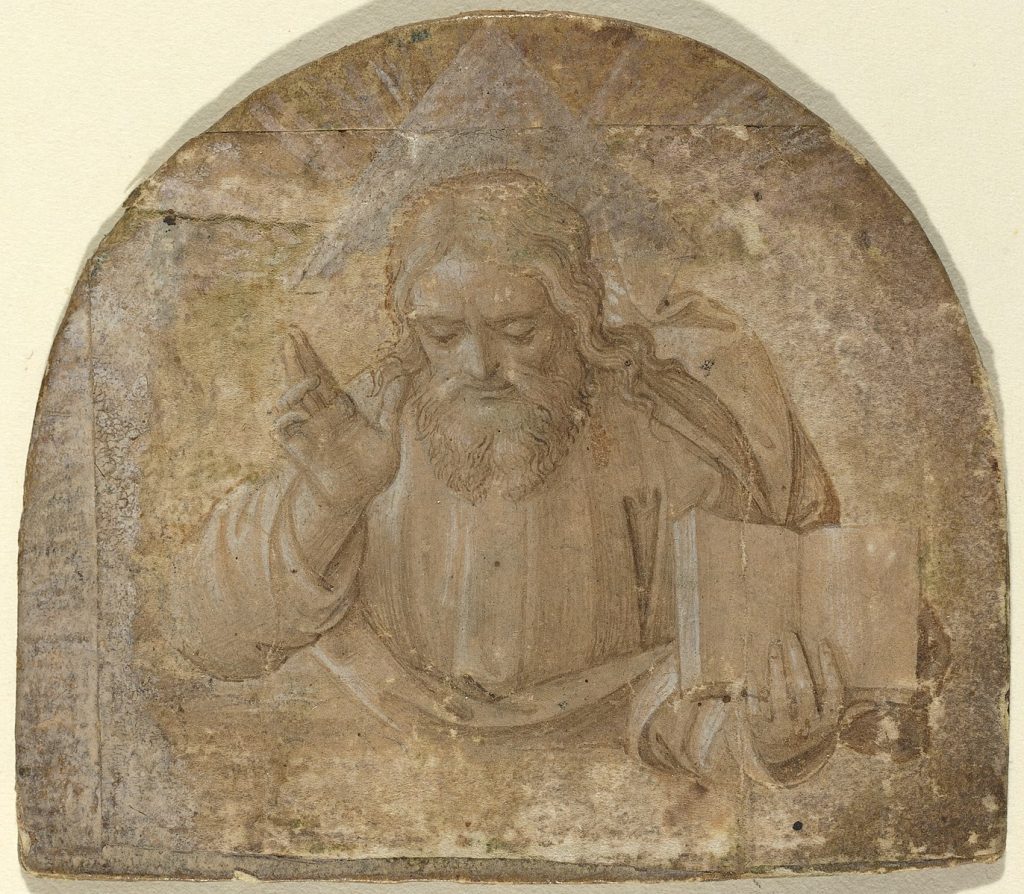
In the New Testament, God unveils Himself as a Trinity: Father, Son (Jesus), and Holy Spirit. Each identity is distinct yet conjoined in objective, illuminating the course toward salvation and everlasting life. God’s depictions acquire their genuine significance when functioning as tangible indicators that direct toward an intangible God. They beckon all to an enriched comprehension and a transformative alliance with the divine. So let’s explore representing the God symbol!
1. The Cross: God’s Symbol of Love and Redemption
In Christianity, the cross stands as a paramount god symbol, encapsulating the sacrifice and redemption embodied by Jesus Christ. According to the New Testament, Jesus was crucified on the cross, and his death is regarded as an atoning sacrifice for the sins of mankind, his blood brings forgiveness of sins and new life to believers. Therefore, the cross has become the central symbol of the Christian faith, representing God’s love, sacrifice, and redemption.
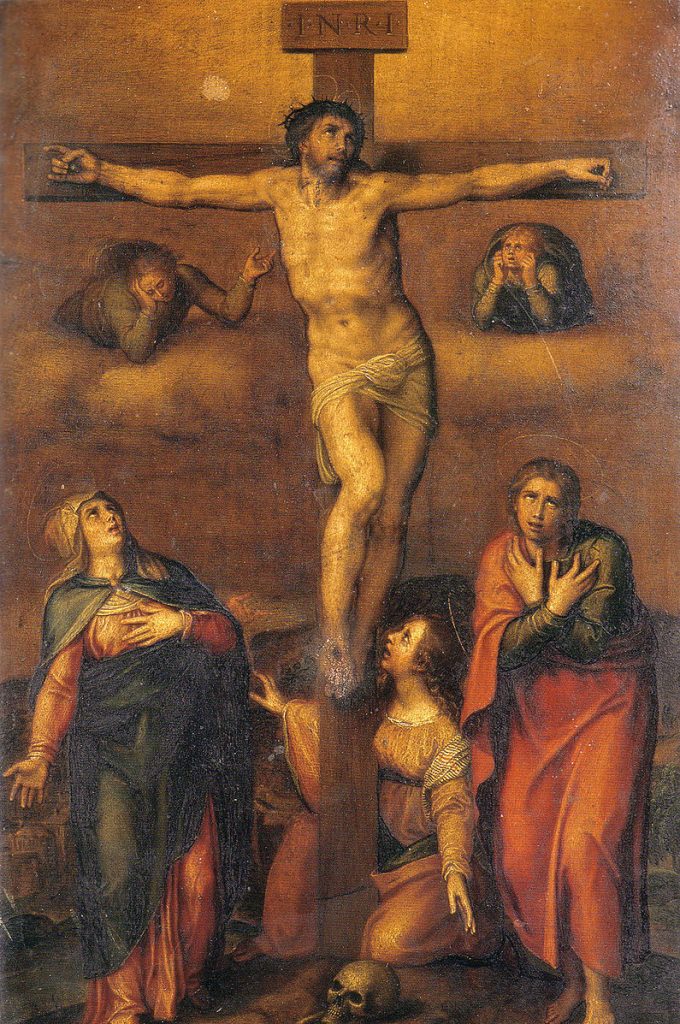
2. The Fish/Ichthus: Ancient God Symbol of Christian Faith
The fish, or Ichthus/Ichthys, is a god symbol in Christianity with deep significance that transcends its literal representation of an aquatic creature. In Greek, the word “ΙΧΘΥΣ” served not only as a representation of a fish but also as a secret marker for early Christians to identify one another and to subtly express their faith amidst persecution.
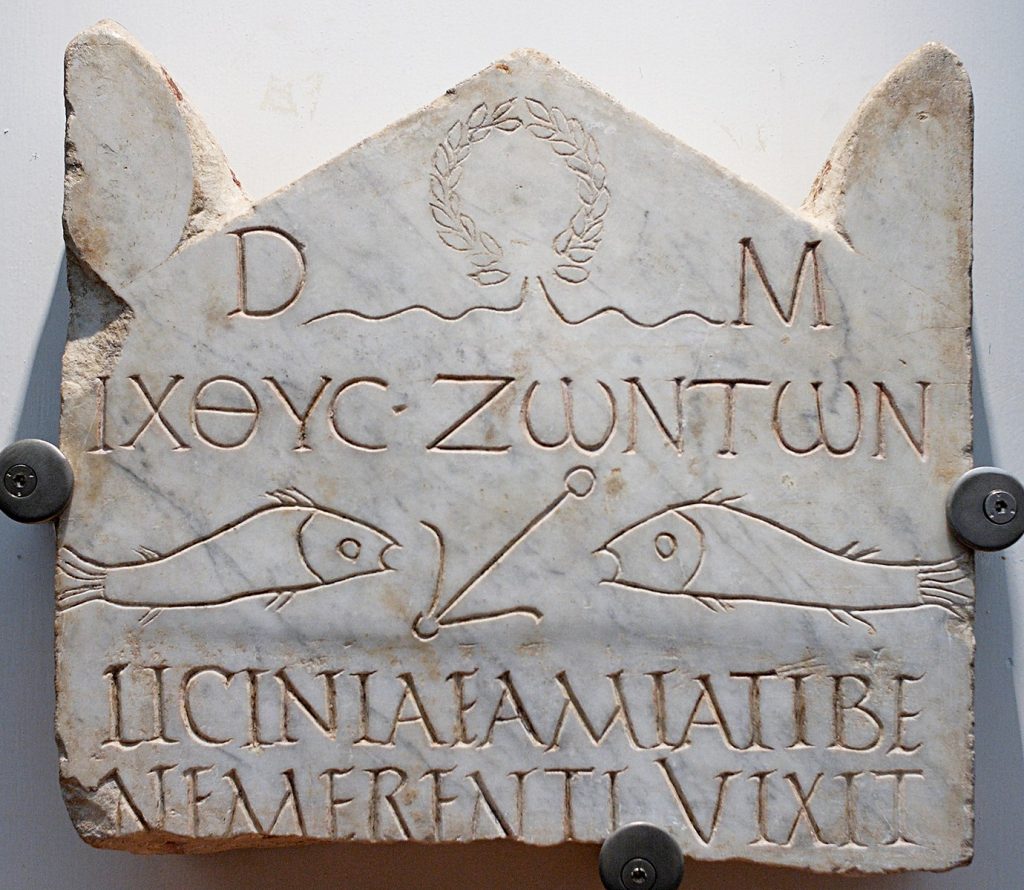
This crypto-symbolic use was structured around an acrostic that spelled out a significant message:
- I-Iota – representing Jesus
- X-Chi/ Christos- representing Christ
- Θ-Theta/Theou – representing God
- Υ-Upsilon/Yidos – representing the Son of God
- Σ-Sigma/Soter – representing Savior
“Ichthus” comes from the Greek word for “fish.” It’s an acronym for “Jesus Christ, God’s Son, Savior.” This acronym served a specific purpose. It allowed Christians to discreetly express their faith. In regions where the Christian faith faced persecution, it functioned as a clandestine code. The term helped believers to connect with each other. They could identify one another without drawing attention. This way, they could practice their faith safely.
3. Agnus Dei: The Lamb of God’s Innocence and Atonement
In Christianity, the lamb is revered as a god symbol, representing the ideals of innocence and sacrifice. It embodies innocence and sacrifice, closely associated with Jesus Christ, who is often referred to as “the Lamb of God”. This title encapsulates His pivotal role in atoning for the sins of the world. Furthermore, this symbolism is deeply intertwined with Old Testament traditions. The sacrificial offerings of lambs in ancient times were a foreshadowing of the ultimate sacrifice that Jesus, as God’s Son, would make. Consequently, these rituals not only highlight the depth of Jesus’ sacrifice but also reaffirm the Christian belief in redemption and the reconciliation between God and humanity.

4. The Dove: God Symbol Herald of the Holy Spirit’s Grace
The dove is a deeply significant god symbol in Christianity, representing the Holy Spirit and embodying divine qualities such as peace, love, and purity. As depicted in the Gospel of Matthew where the Spirit descends “As soon as Jesus was baptized and came up out of the water, he saw the heavens opening, and the Spirit descending upon him like a dove” (Matthew 3:16). This event is pivotal in Christian theology, publicly affirming Jesus’ divine mission and his anointing by the Holy Spirit.
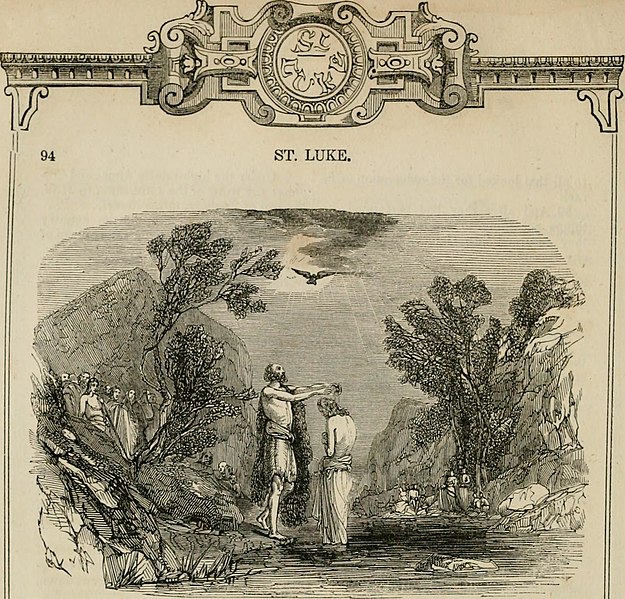
5. The Rainbow: Covenant Sign of God’s Promise
The rainbow is a symbol of God’s covenant and promises. It originates from the story of Noah, where God placed a rainbow in the sky as a sign of the covenant made after the great flood, promising never to destroy the earth with such a catastrophe again. For Christians, the rainbow also represents the hope and promise of God’s grace and mercy.
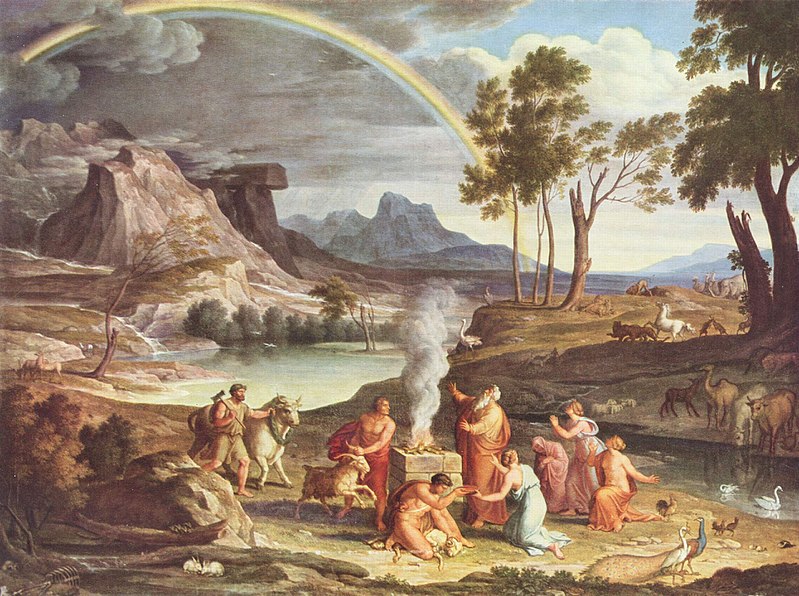
6. Angel: The Heavenly Heralds of God’s Message
The word “angel” originates from the Greek word “angelos,” which signifies “messenger.” In the Christian faith, angels take on a significant role, serving as the Lord’s messengers and agents, bridging the gap between humanity and God. Their role is multifaceted; they serve as divine protectors, comforters, and helpers to humankind.
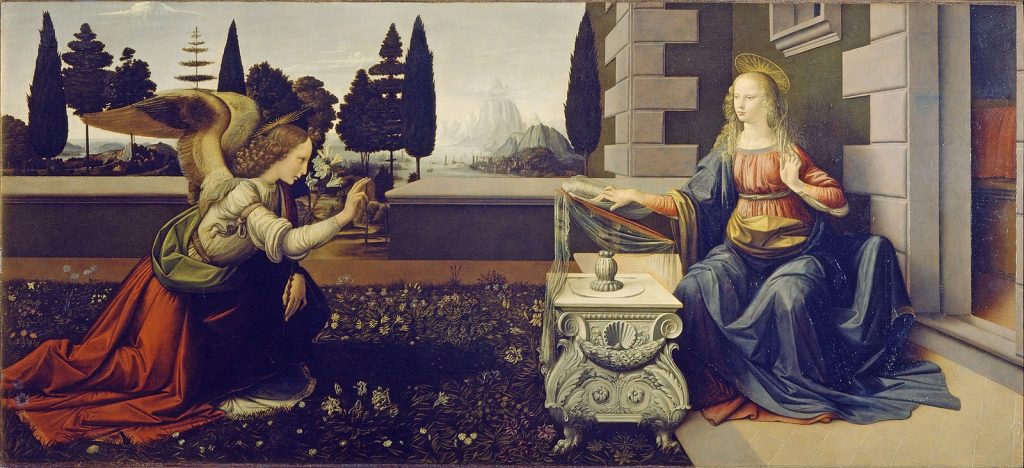
7. Morning Star: God Symbol of Light and Hope
We have long associated the term “Morning Star” with the arrival of hope and the promise of a new beginning. In the context of Christianity, this celestial symbol gains even more profound significance because we directly link it to Jesus Christ. As the embodiment of Jesus Christ, the Morning Star becomes a representation of hope and spiritual renewal.
A notable reference to this can be found in the biblical book of Revelation, specifically in chapter 22:16, where Christ is described as “the Bright and Morning Star.” This designation not only signifies His divine radiance but also His role as a guide and bringer of new beginnings.
8. Holy Trinity: The Emblem of God’s Threefold Manifestation
The concept of the Holy Trinity stands as a fundamental pillar in Christian theology, representing the divine essence and nature of God. The term “Trinity” signifies the belief in one God who exists in three distinct Persons: the Father, the Son (Jesus Christ), and the Holy Spirit.
It signifies God’s presence in multiple aspects – as the creator (Father), the redeemer (Son), and the transformer or comforter (Holy Spirit). This triadic structure helps to convey the richness and depth of God’s character, while also demonstrating that God is active in all aspects of creation and human experience. The Holy Trinity, therefore, becomes a powerful symbol of God’s omnipresence, omnipotence, and omniscience within the framework of Christian faith.
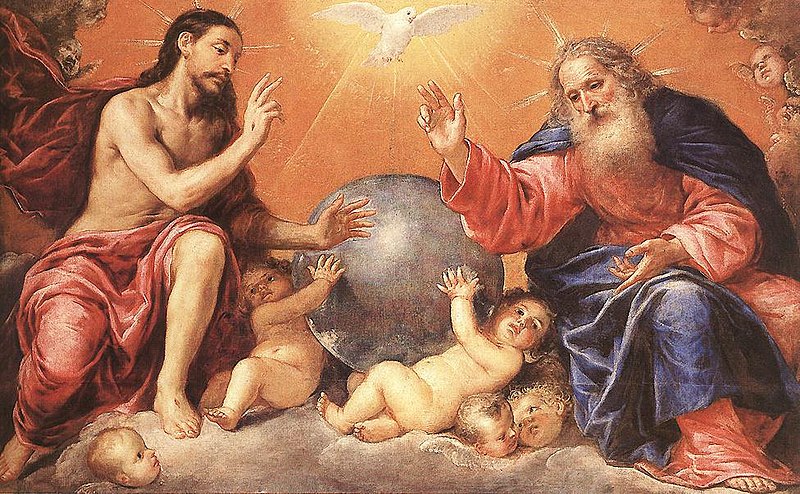
9. Alpha and Omega: Eternal God Symbols of Divine Infinity
The symbols alpha and omega, represented by the first (α) and last (Ω) Greek letters, hold deep meaning in Christianity.
The alpha and omega symbolize God’s eternal power. They signify his role from the start (alpha) to the end (omega). This representation is most famously found in the Book of Revelation, where Jesus Christ proclaims Himself as the one “who is, and who was, and who is to come, the Almighty.” Consequently, in this context, alpha and omega emphasize Jesus’ divine authority. They reinforce the belief in His providence over all things. This spans from creation’s start to its final culmination.
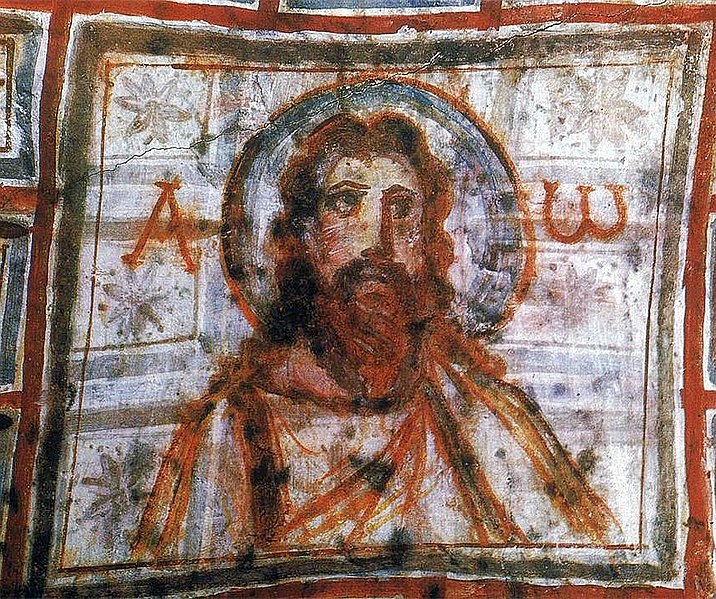
Conclusion: Symbols of God in Christianity
In conclusion, the symbols of God in Christianity aren’t just images; they’re physical links to God’s presence. They help Christians get closer to God and understand His love, sacrifice, and saving acts. Furthermore, symbols like the Cross, Dove, Lamb, and Rainbow each have their own meaning, showing different parts of God’s relationship with us.
If Christian culture interests you, our other articles can offer more insights into the symbols and traditions of this faith. Moreover, for those looking to incorporate elements of Christian faith into their style, Christian jewelry featuring these symbols can be a beautiful and meaningful way to do so.
Aria
Aria is an effervescent writer with a profound passion for the written word. Holding an academic degree in British Literature, her journey through the realm of literature, art, and human emotions is as enchanting as her narratives. Join her as she pens stories that soar beyond boundaries, embracing the essence of art in its purest form. Through her writing, Aria invites you to embark on a journey of emotional discovery and aesthetic wonder.
%s Comment
Leave a Reply Cancel reply
Recent Posts
The Ultimate Guide to Egyptian Jewelry
01/20/2026How to Style Flared Jeans for Any Vibe
12/18/2025Your Goth Christmas Style Guide
11/25/2025Categories
Related Articles
French Christian Gothic Jewelry: History, Symbols & Treasures
French Christian Gothic jewelry represents a fascinating blend of faith, artistry, and...
ByAlicia07/22/2025Beasts of Norse Mythos: the Legendary Creatures of Viking Lore
Norse mythology is a tapestry of gods, giants, and cosmic battles, but...
ByAlicia02/18/2025What is A Gothic Cross
The Gothic cross is a striking symbol that transcends its religious origins...
ByAlicia11/28/2024A Complete Guide to Skull Symbol
The skull symbol has held a fascination for humanity for centuries, appearing...
ByAlicia11/19/2024

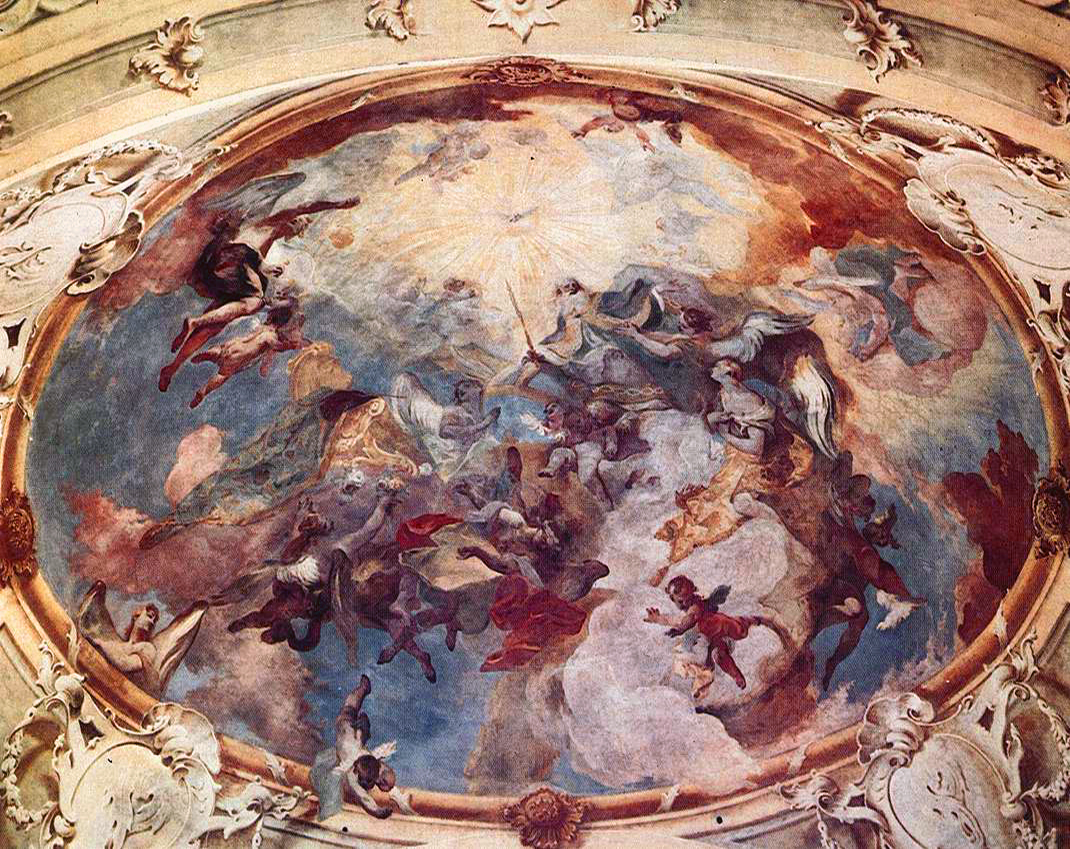







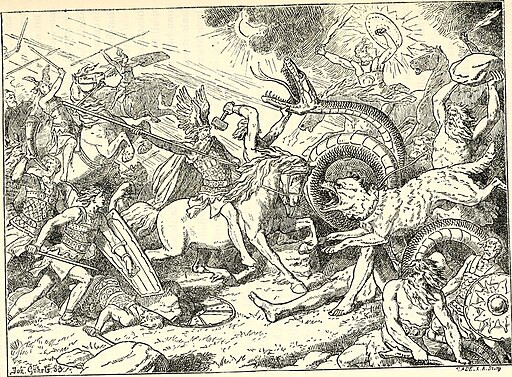

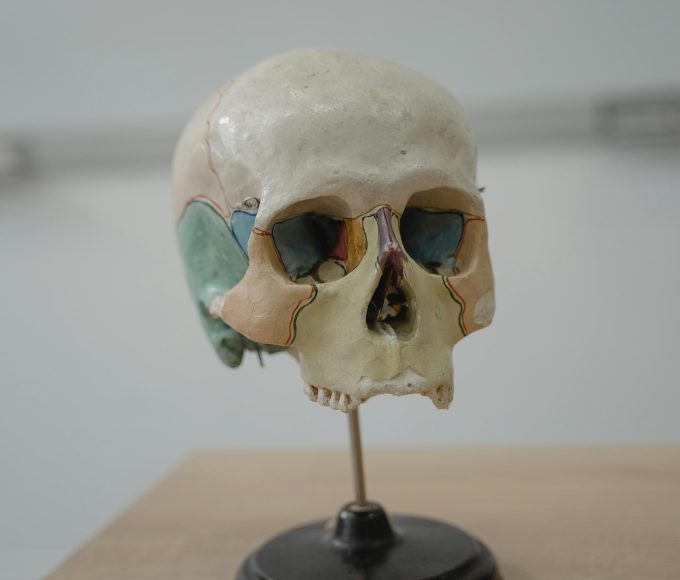
glad to be one of the visitants on this awing web site : D.